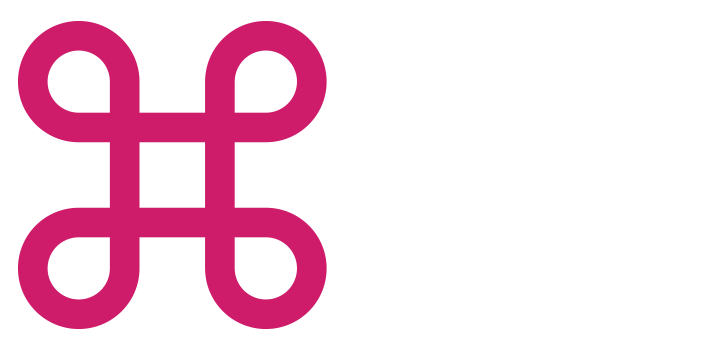Preparing for Change in Healthcare Experience
With the exception of technology/techniques/drugs, which are constantly changing, Healthcare as an experience has remained largely unchanged throughout the lifetime of anyone reading this.
Whether you’re sick or just due for a checkup, the available time(s) for an appointment are usually (if we’re being honest) less than convenient. After arriving you check in, fill out paperwork (with information you’ve already provided dozens of times), and then wait in an environment that brings the term “lowest bid” to mind. This lack of innovation across an entire category seems counter-intuitive when considering how impactful Healthcare is to the lives of its customers; it would seem that embracing a holistic, human-centric approach to design would be a no-brainer for an industry dedicated to the care of human beings. However, changing from a provider-centric approach to one where everything is viewed through the lens of a patient’s perspective is bound to come with costs. And where there are costs, there will be not just challenges, but outright resistance.
While much has been written about the Millennial point of view and how it affects their behavior as consumers, this idealistic generation may just be the rising tide that lifts everyone’s boat when it comes to improvements in the way people experience healthcare. As Millennials’ influence on the economy becomes more prominent, the Doctor/clinic–patient relationship is inexorably evolving into a business–consumer relationship. Millennials are all about options, flexibility, and what works best for them, as well as sharing that information (as appropriate) with anyone and everyone across a multitude of platforms. As a generation that grew up doing research and sharing information on the internet, comp-shopping and not settling for a less than desired experience are second nature. What does this mean for the healthcare category? Well, if experience design is not a priority within your organization today, new generations will force the issue as they gain purchasing power and become a larger part of the healthcare system.
“...investing in the patient experience today can put you ahead of the competition in being prepared for the inevitable shift in patient expectations.”
Fortunately, you don’t have to invent a new medical device or pioneer a new surgical technique to have a positive impact on the patient experience. The key is to adopt a patient’s perspective before thoughtfully identifying all the touchpoints that ultimately coalesce into a customer experience: from the first impression (how is your brand communicated?) to the first interaction (how was the customer greeted at the reception desk?) to waiting (does the waiting room allow customers to work or entertain themselves?) and getting around (does signage facilitate easy navigation?), simple changes can make a huge difference in terms of experience. While experience design may not always be on the top of your priorities list, investing in the patient experience today can put you ahead of the competition in being prepared for the inevitable shift in patient expectations.
With technology continuing to accelerate the pace of healthcare operations, taking the time to forecast the impact of experience design on the category can seem unrealistic. However, for an industry that is on the verge of a major audience shift, it is critical to find the right partners today to help ensure that your business is evolving as fast as the world around you, or you could be left behind. As human/patient-centric design continues to gain traction in clinics and hospitals, organizations that establish patient experience credibility early on will enjoy a meaningful advantage among Millennials and GenZ-ers. And this edge will only increase as access to information and telemedicine continue to develop, allowing healthcare organizations to serve their loyal clients with ever-increasing convenience and personalization.
Photos: MARTHA DOMINGUEZ & JESSE ORRICO/UNSPLASH

